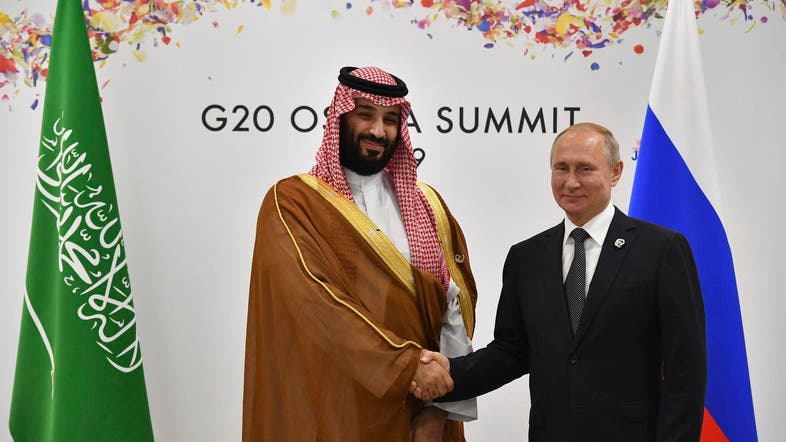Russia and Saudi Arabia agree to oil production cut ahead of Vienna conference
The deal, which most OPEC members and Russia agree to, will extend cuts on oil production for another 9 months to stabilize the oil market
Photo: AP

Russia and Saudi Arabia have agreed to a deal intended to extend an earlier agreement to keep oil production low, because of abundant world supplies. This was reported by Agence France Press, which quoted Russian President Vladimir Putin on Saturday.
A statement attributed to the minister read “The main oil producers are heading towards a decision to extend the oil production agreement by six to nine months.” Iraq will also be participating in the OPEC and its allies conference in Vienna on Monday and Tuesday.
“Iraq’s position is positive, deals with the reality of the challenges of the oil market and supports all (efforts) related to balancing oil supply and demand.”
Saudi Energy Minister Khalid al-Falih also said the deal would most likely be extended by nine months and no deeper reductions were needed.
“It’s a rollover and it’s happening,” al-Falih, whose country is the de facto leader of OPEC, had told reporters earlier.
The pact is due to expire on Sunday and currently involves curbing oil output by 1.2 million barrels per day.
Oil ministers from the Organization of the Petroleum Exporting Countries meet on Monday in Vienna, followed by talks with non-OPEC oil producers on Tuesday.
The United States, the world’s largest oil producer ahead of Russia and Saudi Arabia, is not participating in the pact.
The United Arab Emirates’ energy minister said on Sunday he hoped for a productive outcome from the Vienna meetings, according to his official Twitter account.
“Confident the alliance will reach a decision that will restore oil market balance,” Suhail bin Mohammed al-Mazroui tweeted.
A nine-month extension would mean the deal runs out in March 2020. Russia’s consent means the so-called OPEC+ group may have a smooth meeting if OPEC’s third-largest producer Iran also endorses the arrangement.
New US sanctions on Iran have more than halved Iran’s oil exports with main export countries like China and India buckling under US pressure. The sanctions are meant to weaken Iran’s economy and force it to the table to renegotiate the 2015 nuclear deal it had signed with the P5 and EU.
– With input from agencies